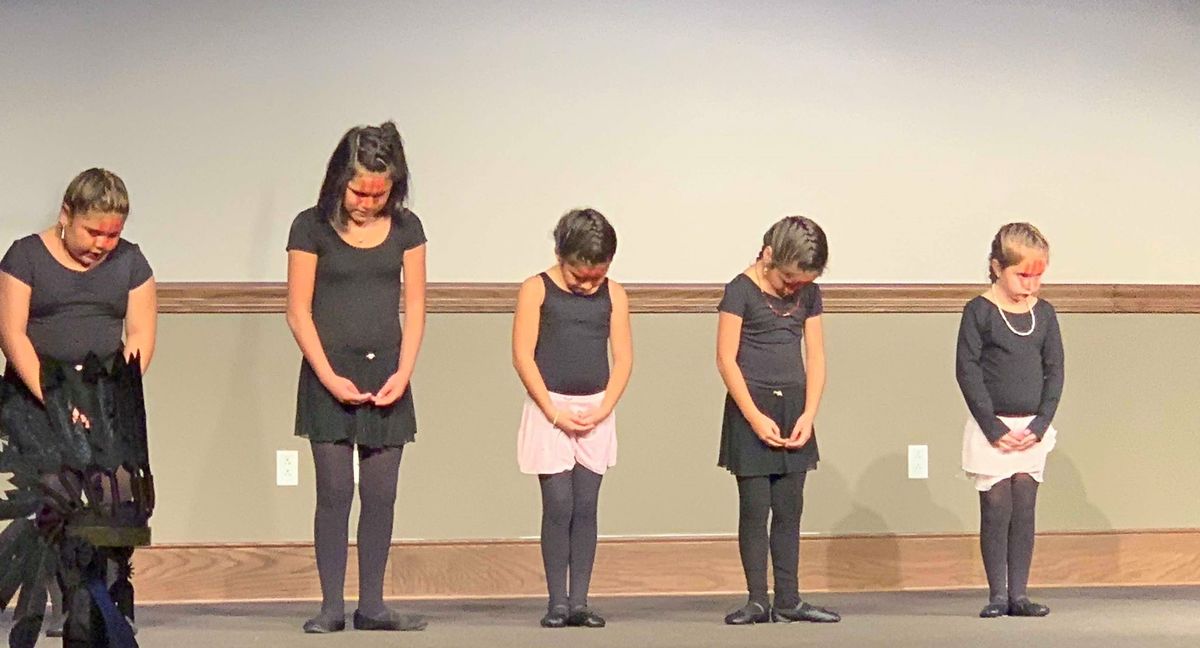The Crisis of Murdered and Missing Indigenous Women
There is a crisis of murdered and missing Indigenous women (MMIW) in the United States. Outside of Native American communities, however, not many seem to be aware of this tragedy.

The statistics are alarming. A recent study by the Urban Indian Health Institute (UIHI) revealed that only 116 of the 5,712 cases of murdered or missing Native women were logged into the Department of Justice’s nationwide database.
U.S. attorneys’ offices declined to proceed with 37 percent of cases from Indian Country, according to a 2017 report published by the Department of Justice. Seventy percent of those declined cases were due to lack of evidence.
The Center for Disease Control and Prevention reports that murder is the third leading cause of death among American Indian and Alaska Native women.
Rates of violence on reservations can be up to 10 times higher than the national average.
However, no research had been done on rates of violence among American Indian and Alaska Native women living in urban areas, even though 71 percent of them live there. A lack of data and an inaccurate understanding of missing and murdered indigenous women and girls creates a false perception that the issue does not affect off-reservation American Indian and Alaska Native communities.
Native communities around the country have organized chapters and organizations to bring attention to this cause. They are working to lobby state legislatures and Congress to address the lack of knowledge and action, and to address the knowledge gap in discerning which branch of government should respond when an indigenous woman is missing or murdered.
Oklahoma is tenth in the nation for missing or murdered Indigenous women. The concern has been close to many in the Oklahoma Indian Missionary Conference (OIMC).
During the Memorial Service at the 2019 OIMC Annual Conference, we remembered Ida Beard, 29, who was missing for four years. Ida was a member of one of our OIMC Churches, and her great-grandmother was a pastor in our conference. I was surprised when the congregation was asked to stand if they had been affected by persons who were missing or had been murdered. Several throughout the conference stood up. It certainly hit home for me to see how many tribal families had been affected.
I saw her cousin at the event and I asked about Ida. She told me how hard it was to get the local police and others agencies to look into her case. It was only when someone outside of the Native community became aware and a state legislator found out that authorities began to look into Ida’s case. This is the case in many places where the police don’t look into these cases.
Early this month, there was an event educating persons on the crisis across Indian County. Persons directly affected by family members who are missing or have been murdered gathered to share their stories of pain and also to discuss ways to combat this issue.
Pictures of those missing and murdered scrolled across the big screen of the event as participants gathered for the event. It was painful to see and hear family members talk about their loved ones and yet, determined to find answers to and to commit to work to draw more attention to this grievous issue.
“The two day event was at times difficult to listen to but this tough subject was full of important information,‘ said Roxanna Foster, participant at the event and member of North Oklahoma City Native American Ministry.
Keynote speaker, Michael Nance, NamUs Regional Program Specialist opened with the question, "How will it impact you?” He identified how ambiguous loss can be most traumatic by a perceived missing person, not knowing if the missing person is alive or deceased.
He said, "One wakes up to the same nightmare every day and you are unable to move forward with your life.”
Rev. David Wilson is the Conference Superintendent of the Oklahoma Indian Missionary Conference.